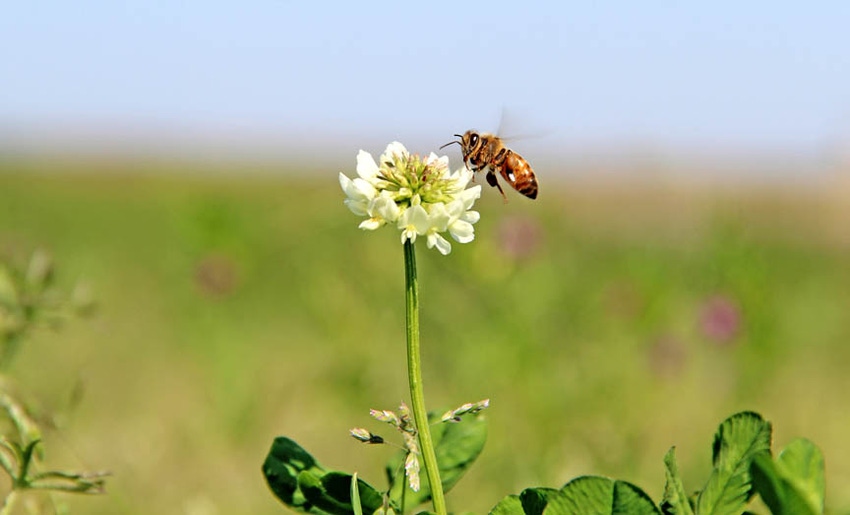May 2, 2013

Syngenta acknowledged that European Union (EU) Member States for the second time failed to agree on the European Commission's proposal for a ban on neonicotinoid pesticides. The latest decision should compel the Commission to return to the negotiating table rather than forcing through the implementation of a ban.
Syngenta Chief Operating Officer, John Atkin, said: "The European Commission has again failed to win the necessary support for its proposed ban on this vital technology. The proposal is based on poor science and ignores a wealth of evidence from the field that these pesticides do not damage the health of bees. Instead of banning these products, the Commission should now take the opportunity to address the real reasons for bee health decline: disease, viruses and loss of habitat and nutrition."
The proposed ban was triggered by a hurried and highly theoretical review by the European Food Safety Agency (EFSA). It made fundamental mistakes including a serious over-estimation of the amount of pesticide bees are exposed to in the field. It also ignored key studies and independent monitoring, including recent data from the UK Government, which found no evidence that neonicotinoids impact bee health.
Bee health decline is among the biggest challenges facing agriculture. Syngenta again called on the European Commission to broaden efforts to tackle the real causes of bee health decline. The company highlighted the recent launch of its own bee health action plan, which complements its work over the past 10 years through the Operation Pollinator initiative.
More from Western Farm Press
Farmers playing chess with nature in resistant weed fight
Killing cattle softly: slaughterhouse or gun?
Lettuce industry abuzz over automated thinner
Dirty Dozen pesticide list losing ground to science
PETA drones a trophy prize for US hunters
5 things moms get wrong at the grocery store
Water issues drive precision agriculture solutions in specialty crops
About the Author(s)
You May Also Like




